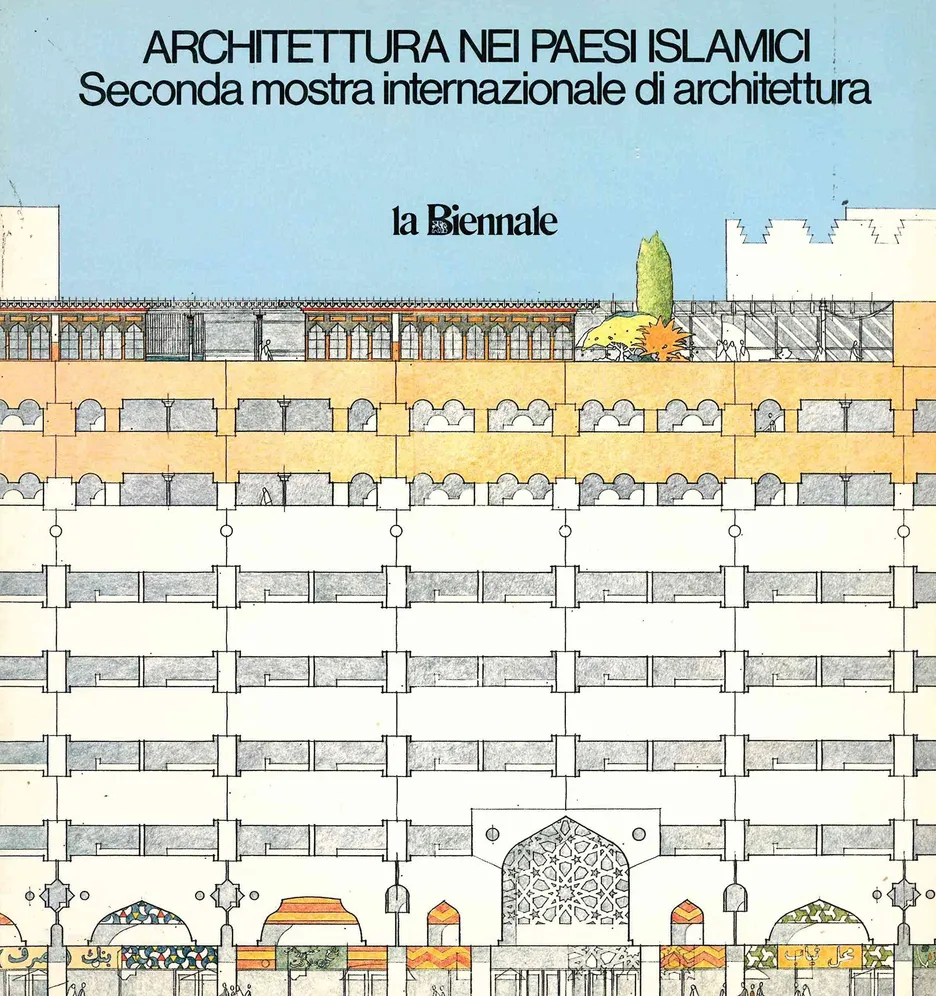An Analysis of the Second Exhibition of the Venice Architecture Biennale (VAB), Architecture in lslamic Countries, and of Türkiye's Presence at the VAB

This research examines the effects of globalization, notably the transition through decolonization, on cultural landscapes of architecture, with a desire to challenge singular narratives that originated in "the West." Looking at architecture from the point of globalization gives prominence to the Venice Biennale of Architecture [VAB]. Since the VAB hosts curatorial practices with national identities over time, it has featured the effects of the transition through decolonization, from the nation-state to transnational, on architecture, which led to interrogating the perceived boundary between "the West" and "non-West." Following this, I ponder the questions: How has the VAB integrated the cultural transition through decolonization? To what extent is it possible to reveal some under-noticed contributions in architecture?
I argue that surveying the second exhibition in 1982 by the VAB, Architecture in Islamic Countries, and Türkiye's presence at the 2nd VAB would provide insight into these questions. Surveying the second exhibition would unveil the perceived boundaries between "the West" and "non-West", and how Türkiye's presence was positioned correspondingly -Türkiye had no other contribution until 2012- since the exhibition aimed to form a link between "Western" and "Eastern" cultures. Questioning this boundary at VAB in 1982 would demonstrate the hierarchies of architectural knowledge caused by the containment of power relations based on divided nations and cultures.
Following this, the objectives of this research are to contribute to revealing (1) some under-noticed contributions in architecture and Türkiye's marginal contribution -through an in-depth examination of the exhibition in 1982- (2) how the VAB has integrated the cultural transition through decolonization (3) how this transition has affected Türkiye's presence and representations at the VAB.
Bahar Gökçen Kumsar M. Sc. Istanbul Technical University, Turkey
since 2022